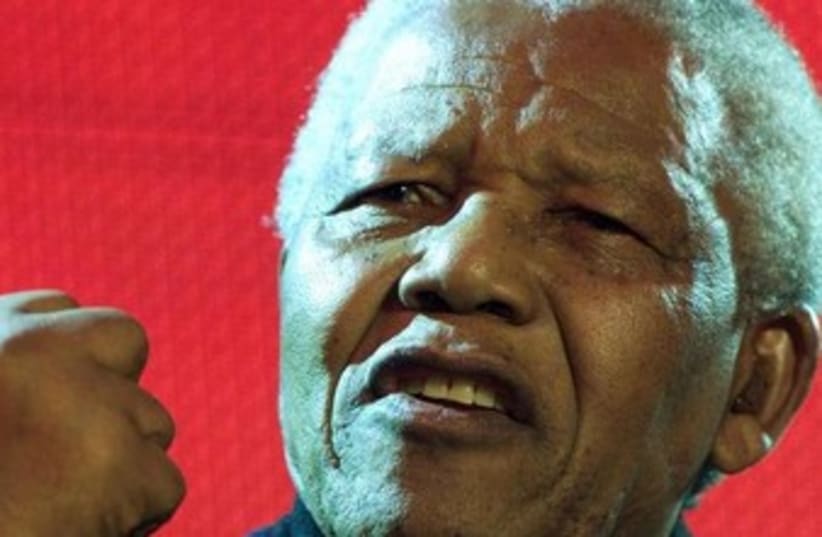Media Comment: Mandela and snow
The idea that journalism is a demanding profession whose call is to provide the public with the broad picture, irrespective of personal prejudices, has seemingly not yet become part and parcel of Israel’s journalistic practices.
